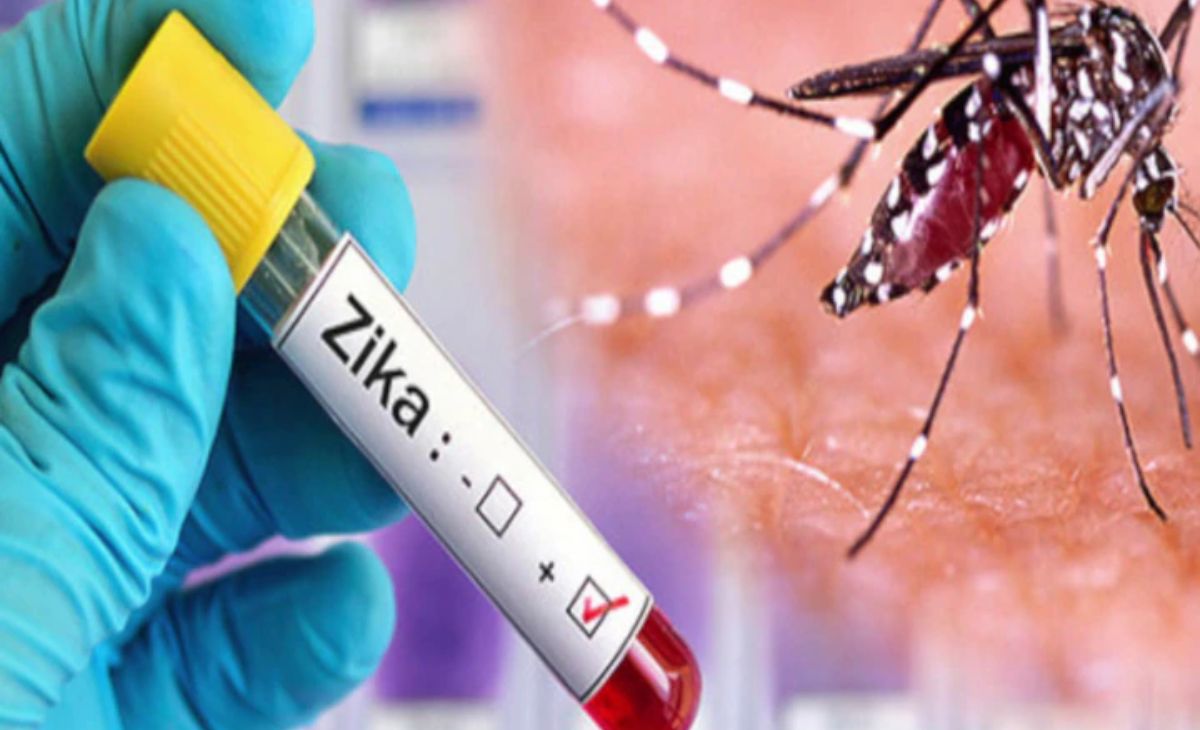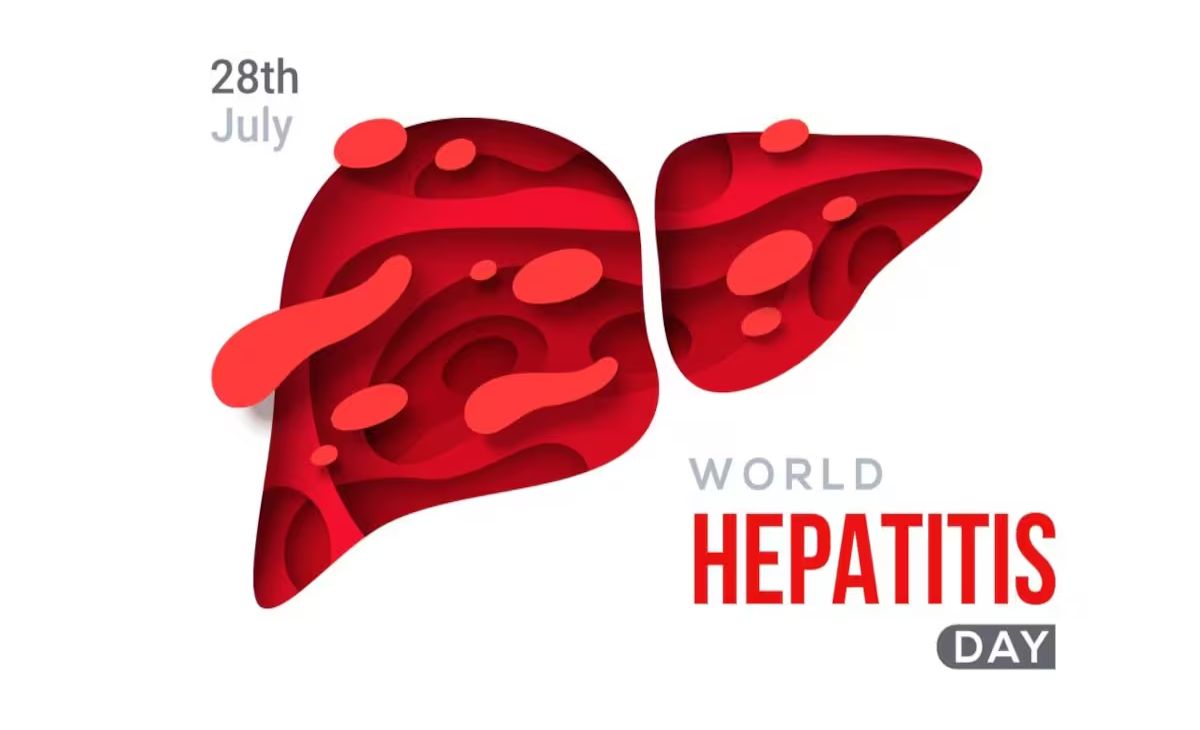The Zika virus, a flavivirus spread primarily by Aedes mosquitoes, can be transmitted through various means, including sexually. It poses unique challenges for diagnosis and prevention, especially in regions where multiple flavivirus infections are common. The virus is notably linked to a higher incidence of Guillain-Barré syndrome and severe congenital conditions in newborns if contracted during pregnancy. Current prevention strategies focus on avoiding mosquito bites, as there is no vaccine yet and treatment is only symptomatic. Recent reports confirm new Zika cases in Pune district, highlighting ongoing concerns.
5 Major Key Points:
- Transmission Modes: Zika virus can be transmitted by mosquitoes and through sexual contact, complicating prevention efforts.
- Diagnostic Challenges: Cross-reactivity with other flaviviruses like dengue can make accurate diagnosis difficult in endemic regions.
- Health Impacts: Zika is associated with Guillain-Barré syndrome and can cause severe congenital conditions in fetuses if contracted by pregnant women.
- Symptoms: Common symptoms include fever, headaches, joint discomfort, conjunctivitis, and a macropapular rash.
- Prevention and Treatment: Protection against mosquito bites is crucial; there is no vaccine yet, and treatment is limited to managing symptoms.




